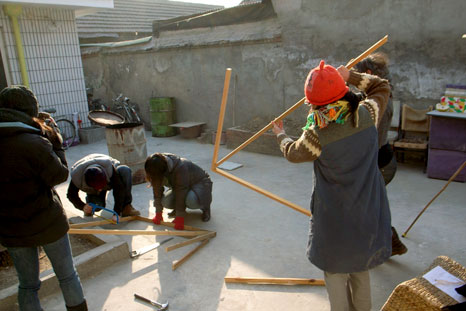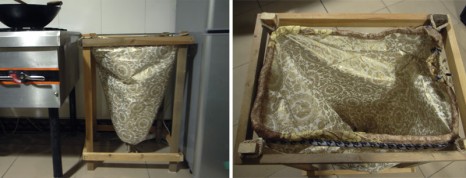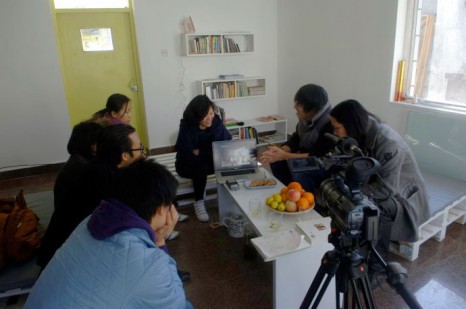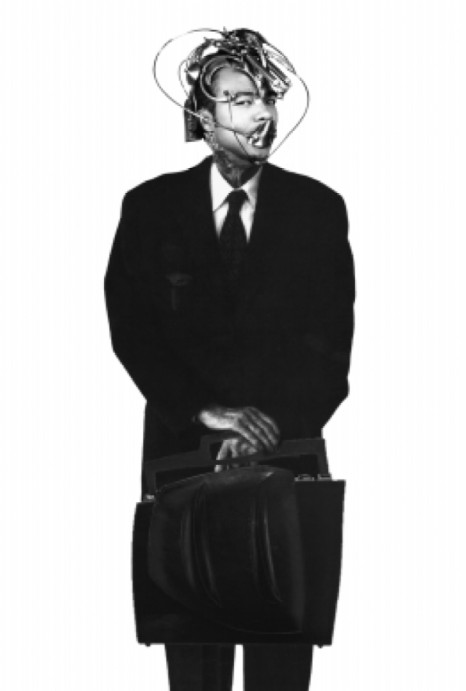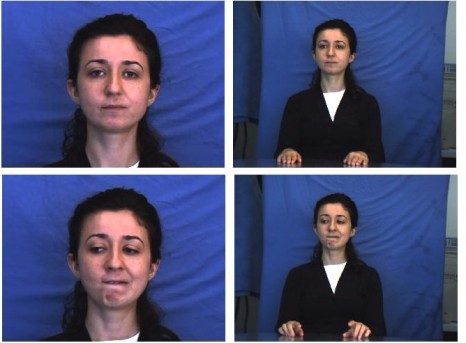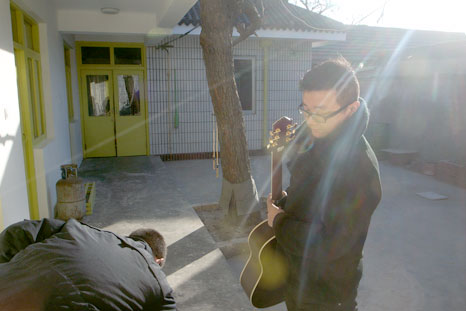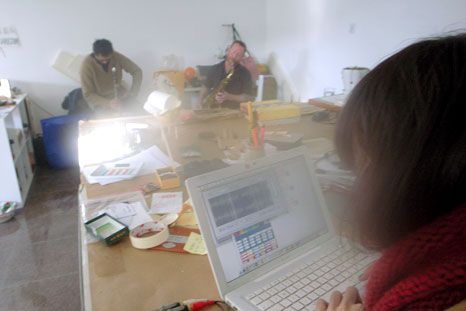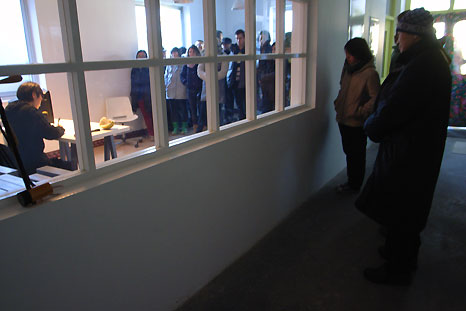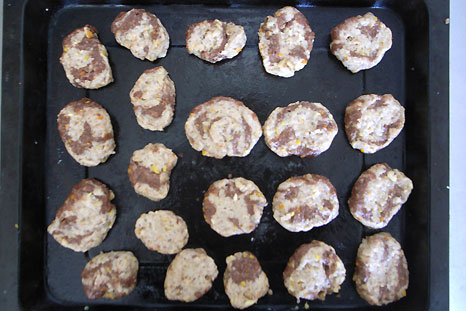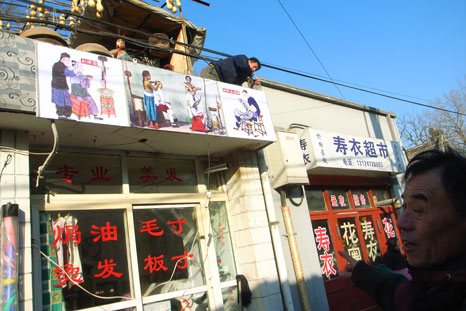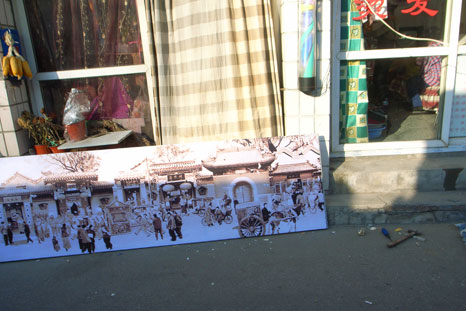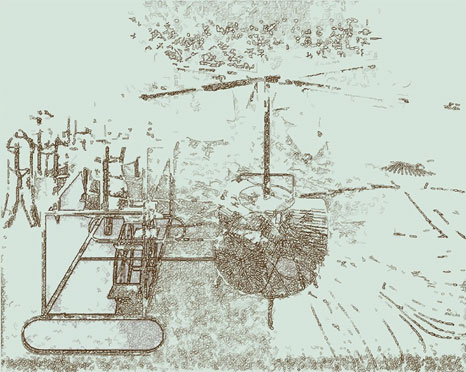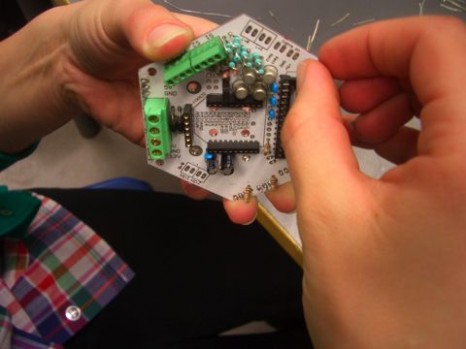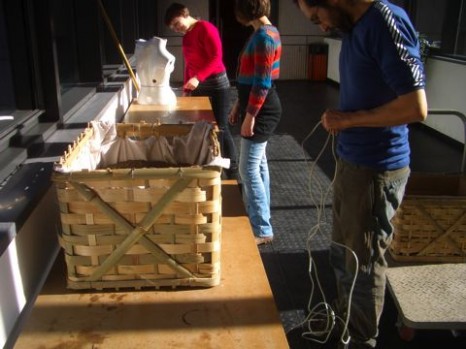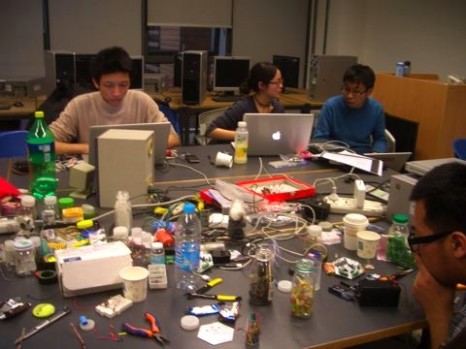After trying to begin to write for quite a long time now, it finally comes down to seeing no other simple way to begin but with all the complexity of ‘I’, which means that proper reading and research are lacking enough to make one unable to (attempt) to pursue a more objective line of reasoning and/or explanation. In all honesty, the last months have dried up words, and parched like this city, thoughts do not find language in balanced cycle. Even the pronouns don’t dance as much as they used to, as per those (known for) past avoidances of the reflexive pronoun, and I wonder which particular subjectivities have been lost along the way.
I think about the past often, but I’m not so nostalgic.
Where does this ‘I’ come from, this ‘I’ that has somehow come in the last years, across particular oceans and with the looking back upon those far fallen bridges? There is a loathsome identity game going on here, and recent events have triggered repeated keywords, or perhaps it’s simply grammar.
‘I’ cannot separate from this question of what ‘this’ is, but where we were led astray during the conversation was the point at which things needed to be named, where it matters how we define [定义] a certain audience, forms of art-making, goals and Five-Year Plans. The fact is that I don’t want things to fit so easily into well-written descriptions, institutions or fixed modes of communication.
Communication, or art, for that matter, does not occur in ‘I’ alone, or even by mere grammar. The signifieds are too complex these days, like Hollywood hoaxes piled upon political ones. The politics exist in representation as much as in our language, and ‘I’ should get confused with ‘we’ or ‘she’ or ‘he’ much more often than it does, perhaps.
Name Game
如果唯一可以信任的是个体对自我的主体性的信任的话,那么被分裂的不是自己,而是系统,也正是系统的分裂促成了一种生成(becoming)。
If the only thing to be trusted is individuality’s subjectivity, then being divided (split-off) is not the self but the system; it is a form of becoming precipitated by a fissure in the system. [1]
– 麦巅 MAI Dian
Some friends at Womenjia Youth Autonomy Lab [“我们家”青年自治中心] in Wuhan recently had one of their texts re-translated at China Study Group, and what strikes me most is the need for a rethinking of terms amidst the proliferation of #tags# and “elevator pitches”. In the same moment that some may ask us for more clarity in explaining a practice, or a work, it becomes also useful to note when the omittance of certain signifieds allows a form of agency that cannot be practiced otherwise.
The Womenjia Youth Autonomy Lab describes itself thus on its Douban page with a question mark, and this, as shown in his text, is fraught with all the layers of subjective and objective dilemma that come with giving “the house a name”:
只要出力,物质空间就来得颇为容易,改造也颇为顺手,但超乎预料的是,「自治」招牌甫一挂出,社会关系就立马需要重建,破与立的冲撞此刻就显出其厉害来了。新的关系还未有「蓝图」…
So long as you put forth the effort, physical space will arrive rather easily, and transformation will proceed smoothly. What we didn’t expect was that the moment we hung up the sign with the word “autonomous,” everyday social relations would have to be redefined. From that moment onward, the destructive and constructive sides of change began to collide with each other. New relations have no blueprint. [2]
Words like ‘I’, ‘community’, ‘representation’ and some of their possible outputs—’we’, ‘society’, ‘art’ and ‘media’—exist likewise in constantly shifting relation. This occurs at the level of semantics but also in the means with which we can create those outputs. I think we somehow failed to get to this in all the discussions of ‘alternative practice’ that have gone on lately [3], and this is also why it may be quite tricky to look at such researches (at least contemporarily) as anything more than an index, or a means of self-reflection.
This goes back to the ‘I’, and of course, its evil partner ‘other’. Alternative arts practices and many other forms of cultural production in China are catalysed to a great degree by ‘the foreign others’, and this can be explained largely by matters of economy, varied forms of thinking of agency and initiative, as well as, at a larger scale, ideas about what ‘DIY’ or ‘politics’ mean (and where they coincide). Media finds itself intertangled within all of this, from the rhetoric of finding Chinese origins for Western initiatives [西学中原], to the politics of representation and yes, language. This tends to be frustrating or opaque-rendering for those seeking forms of lateral exchange, and a lot of the time, well, the vocabularies are just too different. This is not to say that nothing can be exchanged, but we should be careful of what ulterior motives drive seemingly open-ended discourse. Desire is rarely so easy as the statement ‘I want you’, and more often than not, “the ‘tragedy’ that is love is simply laughed at”. [4]
I’m circling around here. After cynicism about cultural exchange, more recent topics that have come up as possible focuses for our next publication include translatability, opacity, ballsy. It sounds vague, but I trust that we are already in the same vein. At the same time, we are thinking about how different forms of media we utilise can be better refined to address the who, what, where, why and when we would like to communicate. This is why I am relieved and re-struck to refer to DYAC again, albeit from the somewhat sophomoric attempt of our own Beiertiao Leaks. This very slow day newspaper was a first attempt from our new home base at Beixinqiao to organise a form of media that is participatory, multiplicitous and public. It is not an equal exchange. But, as Michael says, it’s “a conversation starter”.
All of this rambling, likewise, is a kind of conversation starter. For HomeShop and for optimistic efforts to understand the juxtapositions between language, art and politics. “最正经的如「政治」,并不是理所当然的政党与特殊利益集团的国家治理,甚至法西斯极权,它更是我们作为一个有主体性的人参与社会关系的建设…” Politics not as in the “state administration by parties or special interest groups,” but as “our participation as subjects in the construction of social relations”—a kind of grammar, perhaps—involving more than one pronoun. [5]
——–
[1] 麦巅 MAI Dian. “复制抑或连接:两个亚洲人飞往欧洲 To Copy or to Connect: Two Asians Fly to Europe”. 穿 Wear, No. 2. 家作坊 HomeShop: 北京 Beijing, 2010年.
[2] 唐水恩 TANG Shui’en. “一个小朋克的基础另类教育 The Alternative Education of a Chinese Punk”. First printed in Chutzpah!. Shao Foundation: 北京 Beijing, 2009年. Translated to English by www.libcom.org, and later revised by 猢狲子 HUSUNZI at China Study Group.
[3] I refer here to the alternative arts practices in China as having been recently discussed by a number of critics and researchers, including Edward SANDERSON, Clara KIM, 蔡影茜 Nikita CHOI and The Office for Art and Theory (刘鼎 LIU Ding and 卢迎华 Carol Yinghua LU).
[4] 唐水恩 TANG Shui’en, “一个小朋克的基础另类教育 The Alternative Education of a Chinese Punk”.
[5] ibid.
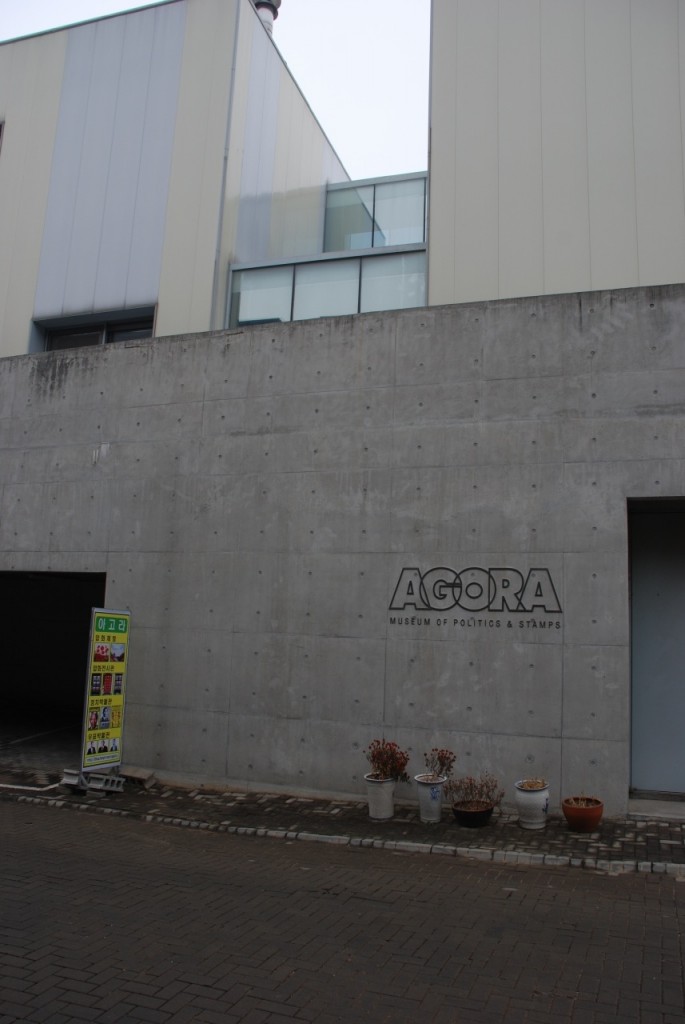

 时间 posted on: 7 February 2011 |
时间 posted on: 7 February 2011 |  发布者 author:
发布者 author: 
 分类 filed under:
分类 filed under: 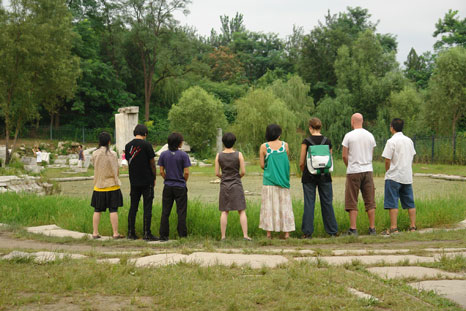 photo by
photo by 